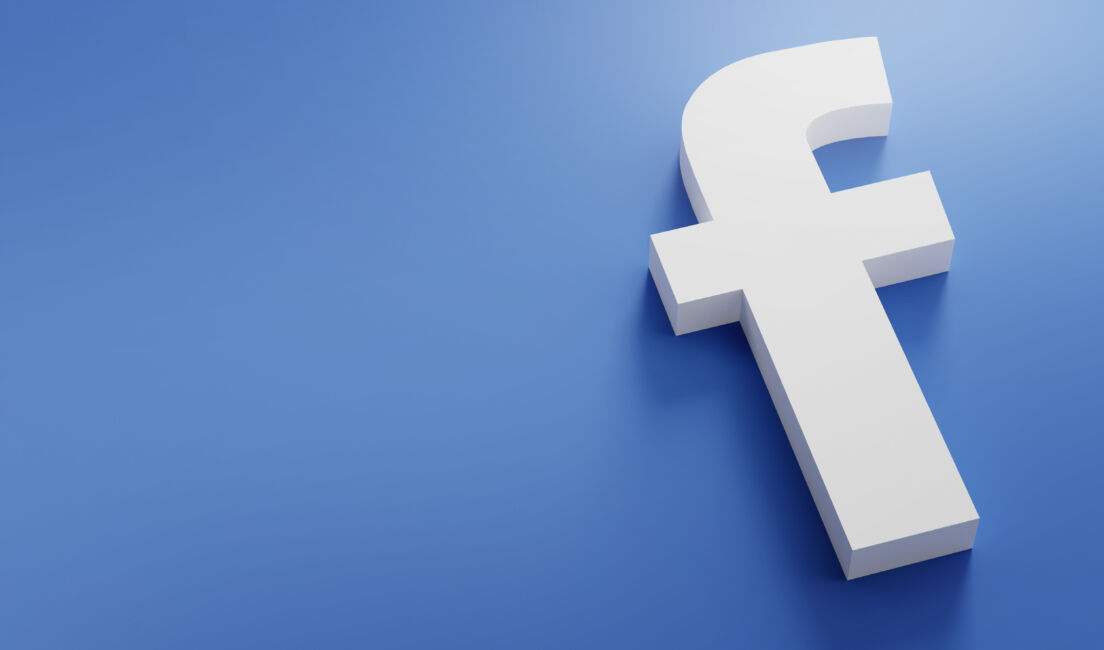Outages, whistleblowers, and 5 links worth your time
The complicated subject of Facebook

Over the past few years in this newsletter, we’ve considered the impact of social media—particularly Facebook—on our lives and the quality of our conversations.
Who am I kidding? That’s just a fancy way to say I love to complain about Facebook.
I’m in good company. 2.85 billion people use Facebook products daily, and, recently, every one of those people lost access to Instagram, WhatsApp, and Facebook for six hours.
I learned an important lesson
Since I don’t use these tools often, I’ll confess that I didn’t think much about the October 4th outage. In the thirty seconds I did, my reaction was sarcastic: “How did we manage to survive six whole hours without seeing pictures of what people are eating or what Kim Kardashian is wearing?”
Reading more about the outage, however, I realized (sadly, not for the first time) that complaining about something and understanding it are not quite the same thing.
Sure, there are people who use social media in ways that confuse and irritate me (like sharing their every thought on every subject). As you’ll see in our first link below, however, there are also people all over the world who rely on these tools to run their businesses, get help, and to help others.
The more I read, the more I learned. For many people throughout the world, Facebook and its products serve a vital role in their healthcare, safety, and livelihoods.
Vital to communication, serious concerns
As someone who is often wrong, I routinely update and revise my opinions, so I’m glad to know there are more ways to use social media than the ones with which I’m most familiar.
However, the fact that these platforms offer vital communication tools to many around the world only complicates the other big news about Facebook. The Wall Street Journal reviewed tens of thousands of internal documents leaked by a whistleblower at Facebook, and the ensuing investigation raised serious concerns about Facebook’s internal oversight and failure to address problems its leadership knows exist.
This resulted in congressional hearings—not the first—about Facebook and renewed calls for regulation.
What should be done?
This week, in addition to links mentioned above, I’ve included an op-ed written by a journalism professor who describes all this news as “more a review session than a revelation.” He opposes government regulation because it may end with restrictions on free speech, but he also thinks we should do something about Facebook. We’ve included a link to The New York Times “Debatable” newsletter which considers the pros and cons of a world without Facebook.
Like I mentioned already, I don’t often use Facebook, but I have easy access to the internet and a lot of choices. The same can’t be said for everyone who uses social media, and our last link provides a look at some of the ways Facebook is trying to expand access for those who don’t have the same kind of choices I do.
Someday, maybe I’ll learn to complain less and listen more. In the meantime, I hope you’ll take advantage of these resources and start some conversations about this complicated subject!
5 links worth your time
- For much of the world, when Facebook goes out, so does the internet.
- Dissidents within Facebook endured personal and professional setbacks for their criticisms of the powerful social network.
- Should the government be allowed to regulate Facebook?
- The recent Facebook blackout has made some think it should go away forever.
- Facebook outlines plans to bring speedy internet access to hard-to-reach places.
Photo by natanaelginting on Adobe Stock